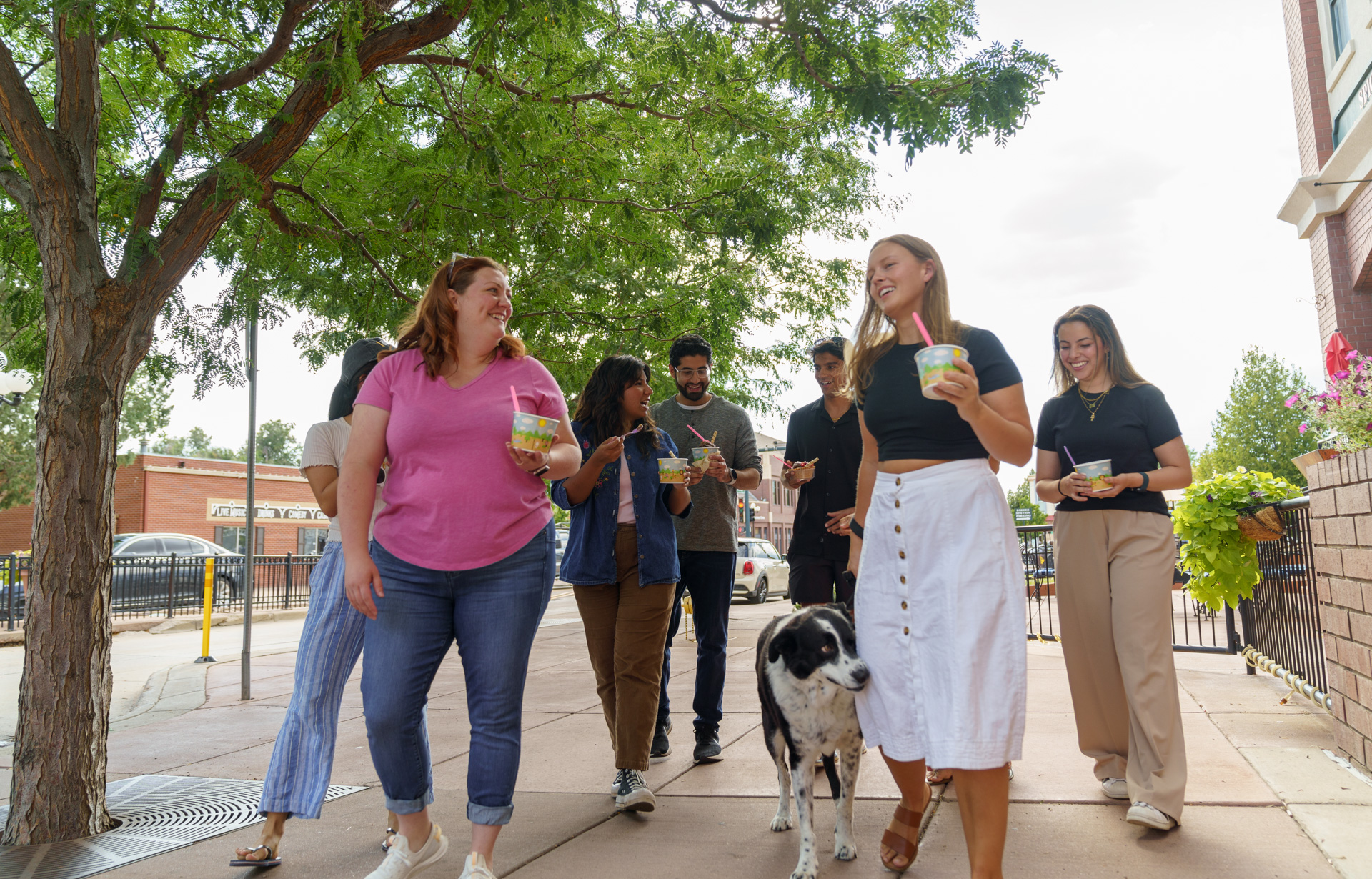
Protecting Pets, People, and Public Health: Rabies Prevention and the Role of Veterinary Education
By: Jacque Pelzer, Associate Dean for Academic Affairs and Research and Associate Professor of Clinical Sciences, College of Veterinary Medicine
Every year, World Rabies Day serves as a global reminder of a disease that is 100% preventable—yet still claims the lives of nearly 59,000 people worldwide each year. While the official observance falls on September 28, raising awareness early helps communities prepare, educate, and take action before it’s too late.
At Rocky Vista University (RVU), we believe that prevention starts with education and that veterinary professionals play a critical role in protecting both animal and human health. As we look ahead to World Rabies Day, let’s explore how we can prevent rabies and why veterinary schools like RVU are essential to that mission.
What Is Rabies and Why Should We Care?
Rabies is a viral disease that affects the central nervous system of mammals, including humans. It’s most commonly transmitted through the bite of an infected animal. Once symptoms appear, rabies is almost always fatal. The good news? It’s entirely preventable through vaccination and responsible pet ownership.
In the United States, rabies is rare in people thanks to widespread pet vaccination and public health efforts. But the virus still circulates in wildlife, especially bats, raccoons, skunks, and foxes, and poses a risk to unvaccinated pets and the people who care for them.
Rabies Prevention Tips for Pet Owners and Communities
- Vaccinate Your Pets
This is the single most effective way to prevent rabies. Dogs, cats, and ferrets should receive regular rabies vaccinations as recommended by your veterinarian. - Avoid Contact with Wildlife
Teach children and adults alike never to approach wild animals, even if they seem friendly or injured. Report any strange animal behavior to local animal control. - Secure Your Home and Yard
Keep pets indoors or supervised outdoors. Seal off areas where bats or other wildlife might enter your home. - Act Quickly After a Bite or Scratch
If you or your pet is bitten or scratched by an animal, wash the wound thoroughly with soap and water and seek medical or veterinary care immediately. - Support Community Efforts
Participate in local rabies vaccination clinics, spay/neuter programs, and educational events. These efforts reduce stray animal populations and increase vaccination coverage.
The Role of Veterinary Schools in Rabies Prevention
Veterinary schools like RVU’s proposed College of Veterinary Medicine are more than just training grounds for future veterinarians; they are hubs of public health, research, and community service.
Here’s how:
- Training Future Leaders
Our students learn not only how to diagnose and treat rabies, but also how to educate clients, collaborate with public health officials, and lead community outreach efforts. - Hands-On Experience
Through clinical rotations, shelter medicine programs, and rural outreach, students gain real-world experience in rabies prevention and animal care. - Research and Innovation
Veterinary schools contribute to the development of better vaccines, diagnostic tools, and strategies for controlling rabies in both domestic and wild animal populations. - One Health Approach
Rabies is a perfect example of a One Health issue, where human, animal, and environmental health intersect. Our curriculum emphasizes this interconnectedness, preparing students to tackle complex global health challenges.
Looking Ahead: A Call to Action
As we approach World Rabies Day, let’s remember that prevention is a shared responsibility. Whether you’re a pet owner, a student, or a community leader, you have a role to play in keeping rabies at bay.
At RVU, we’re proud to be part of the solution, educating compassionate, skilled veterinarians who will protect the health of animals and the people who love them.
So, this August, take a moment to check your pet’s vaccination records, talk to your neighbors about rabies prevention, and support your local veterinary professionals. Together, we can create a safer, healthier world for all.
To learn more about our Veterinary Program, visit our webpage.